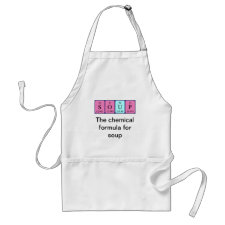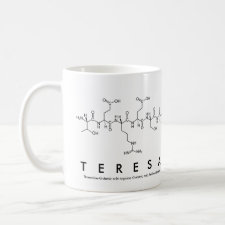
Authors: da Silva MS, Nobrega FL, Aguiar-Ricardo A, Cabrita EJ, Casimiro T
Article Title: Development of molecularly imprinted co-polymeric devices for controlled delivery of flufenamic acid using supercritical fluid technology.
Publication date: 2011
Journal: Journal of Supercritical Fluids
Volume: 58
Issue: (1)
Page numbers: 150-157.
DOI: 10.1016/j.supflu.2011.05.010
Abstract: This work reports the development of a novel class of affinity co-polymeric materials using supercritical fluid technology. Polymeric materials with molecular recognition to flufenamic acid, were first synthesized in supercritical carbon dioxide (scCO2) using the drug as template. Molecularly imprinted co-polymers of methacrylic acid (MAA) or N-isopropyl acrylamide (NIPAAm) crosslinked with ethylene glycol dimethacrylate (EGDMA) were synthesized using different crosslinking degrees and template:monomer ratios, at 65 °C and 21 MPa. High-pressure NMR experiments confirmed that the nature of the interactions between the drug and the functional monomers during the polymerization step are mainly hydrogen bonds. scCO2-assisted impregnation revealed that the imprinted matrices were able to uptake higher amounts of flufenamic acid. This effect was particularly evidenced in the more crosslinked matrices, with P(MAA-EGDMA) imprinted copolymers binding up to 101.5 mg drug/g polymer against only 50.5 mg/g in the non-imprinted copolymer. In vitro drug delivery experiments showed that imprinted co-polymers release the drug in a more sustained way than the corresponding non-imprinted matrices. Overall it was shown that supercritical fluid technology is a viable approach for the development of self-assembly molecular recognition polymers with potential application in controlled drug delivery systems
Template and target information: flufenamic acid
Author keywords: molecular imprinting, Supercritical carbon dioxide, controlled release, Flufenamic acid, crosslinking



Join the Society for Molecular Imprinting

New items RSS feed
Sign-up for e-mail updates:
Choose between receiving an occasional newsletter or more frequent e-mail alerts.
Click here to go to the sign-up page.
Is your name elemental or peptidic? Enter your name and find out by clicking either of the buttons below!
Other products you may like:
 MIPdatabase
MIPdatabase









